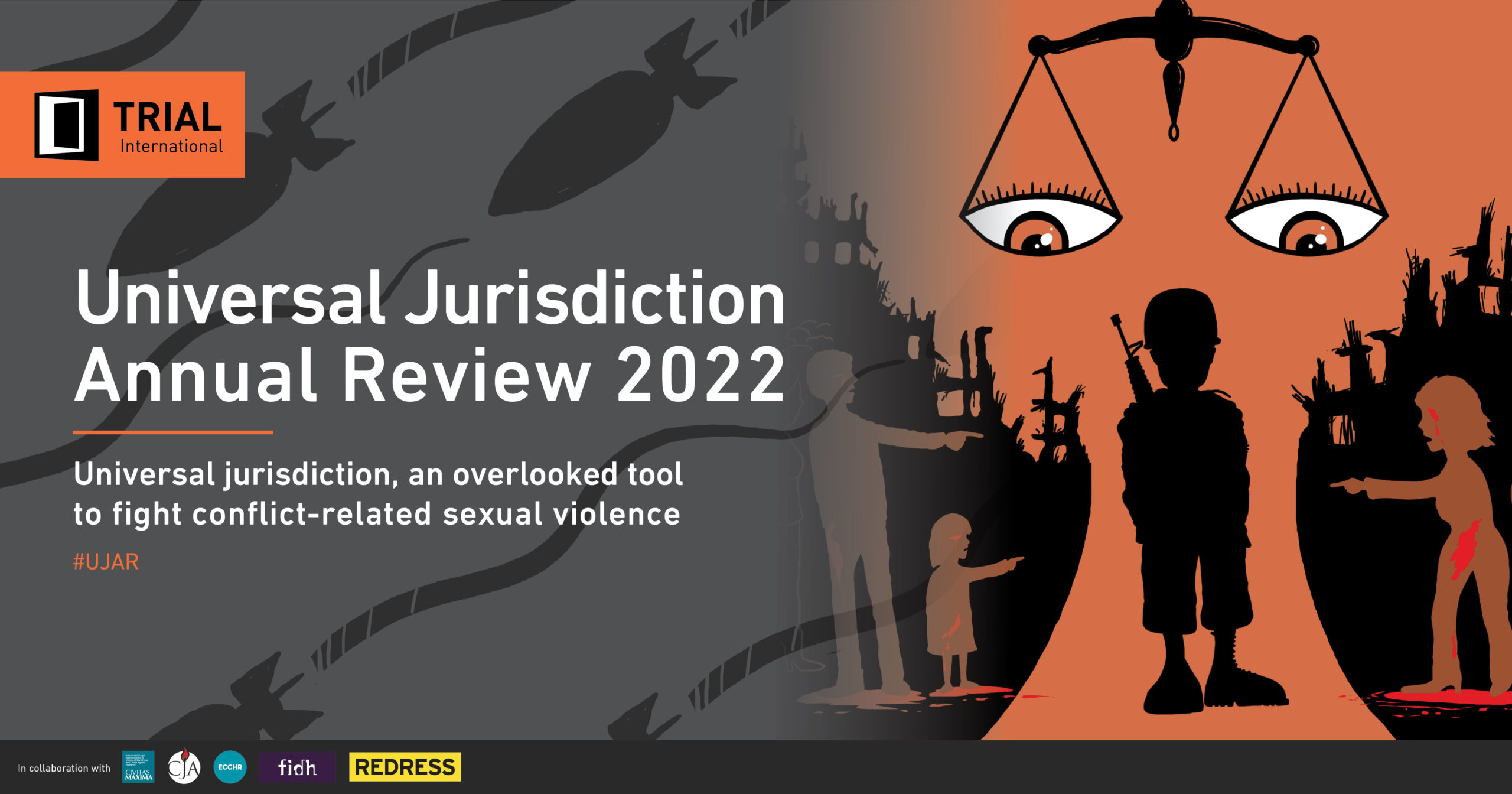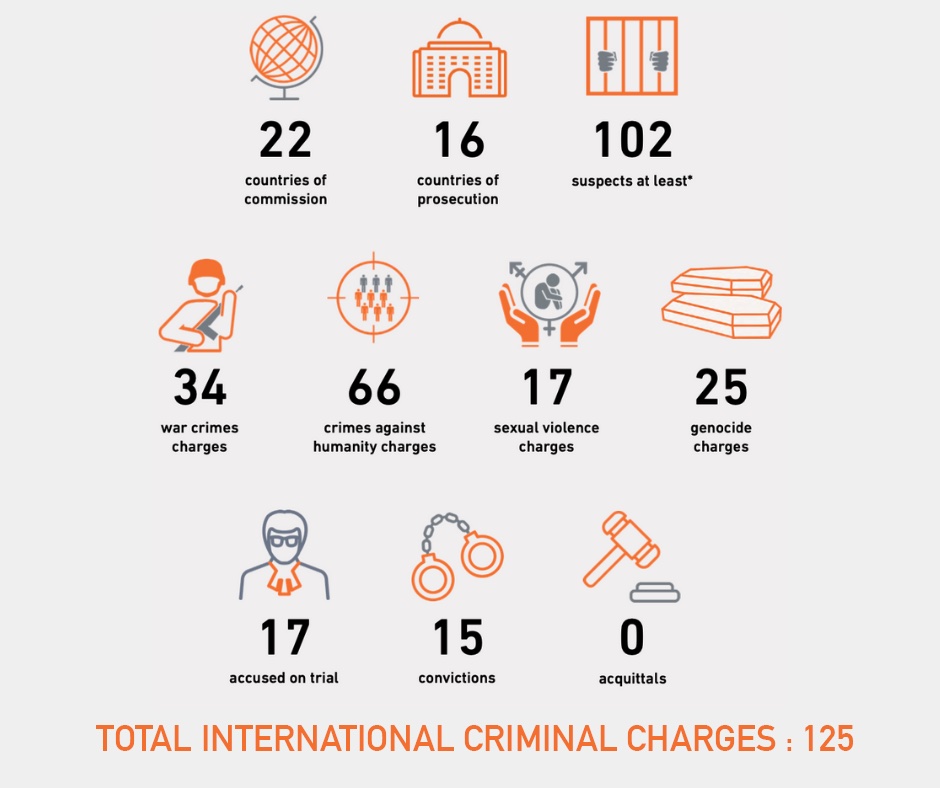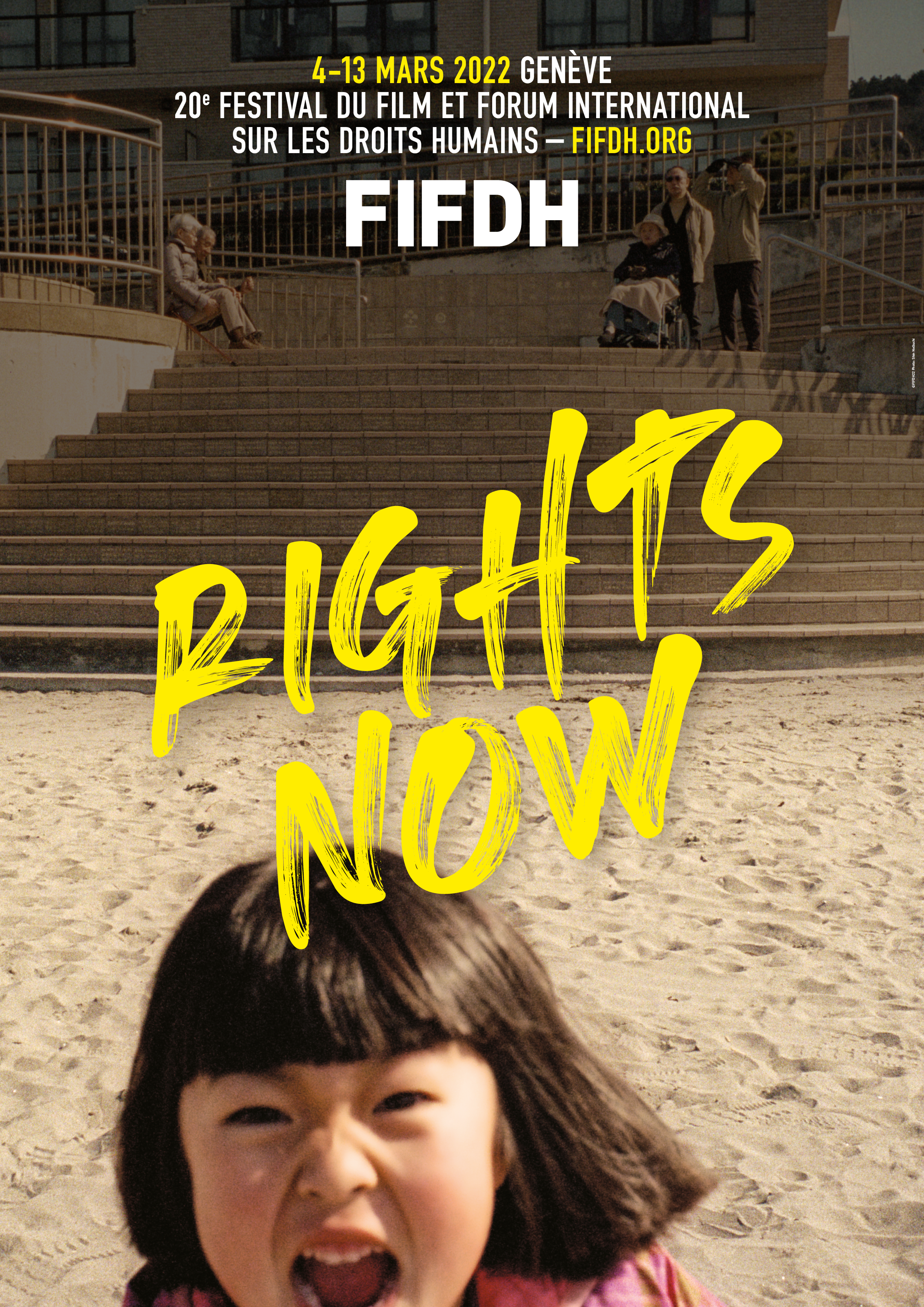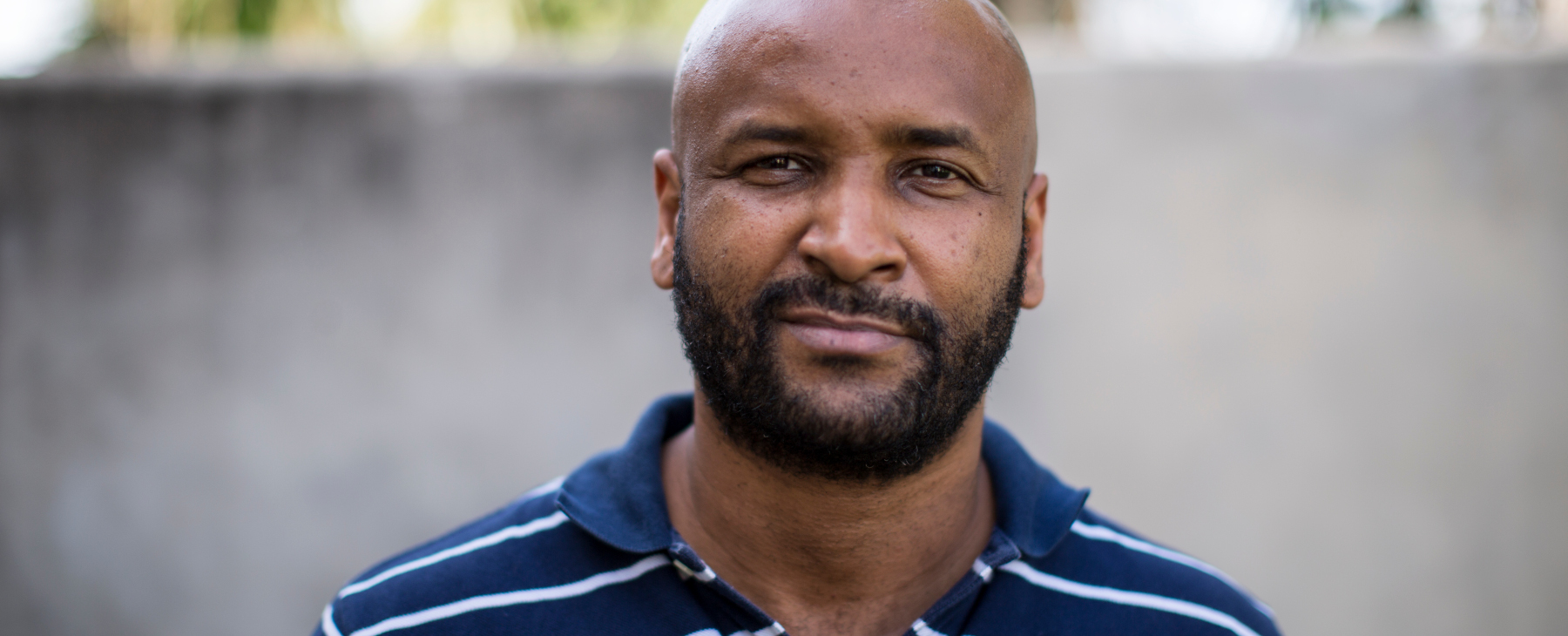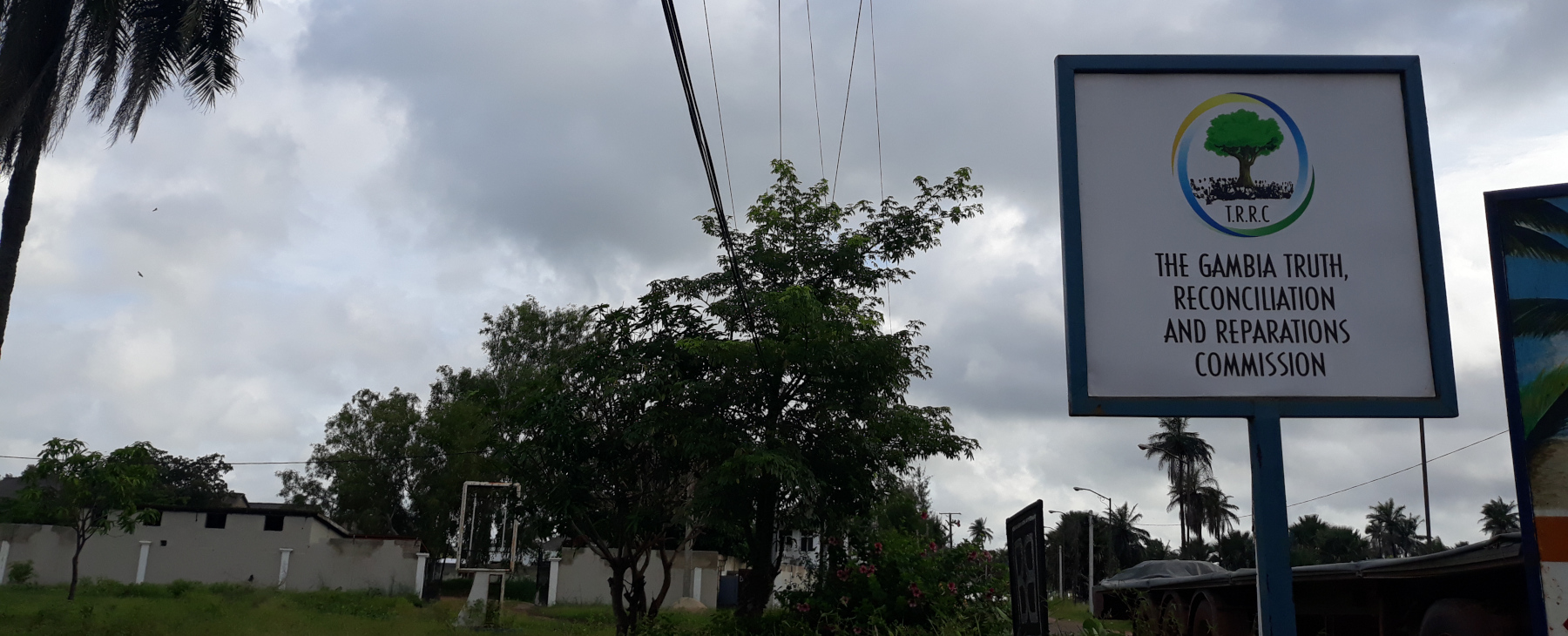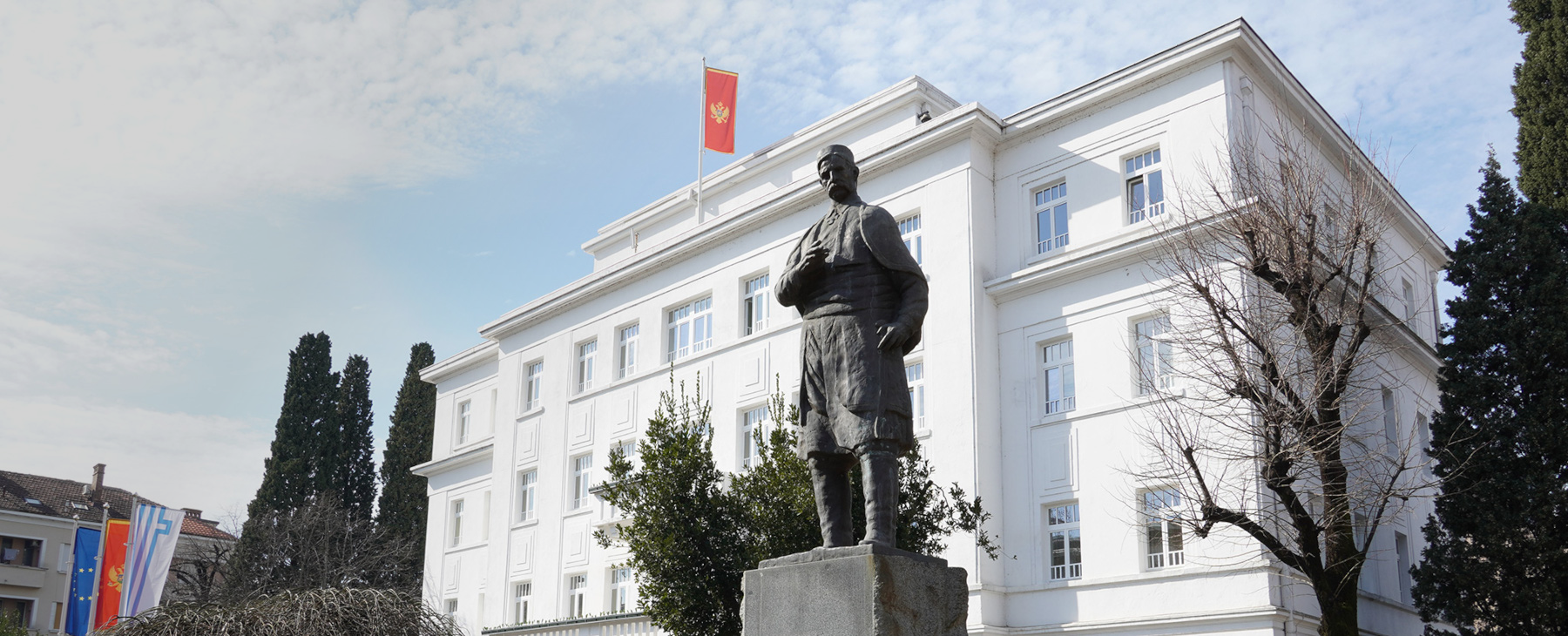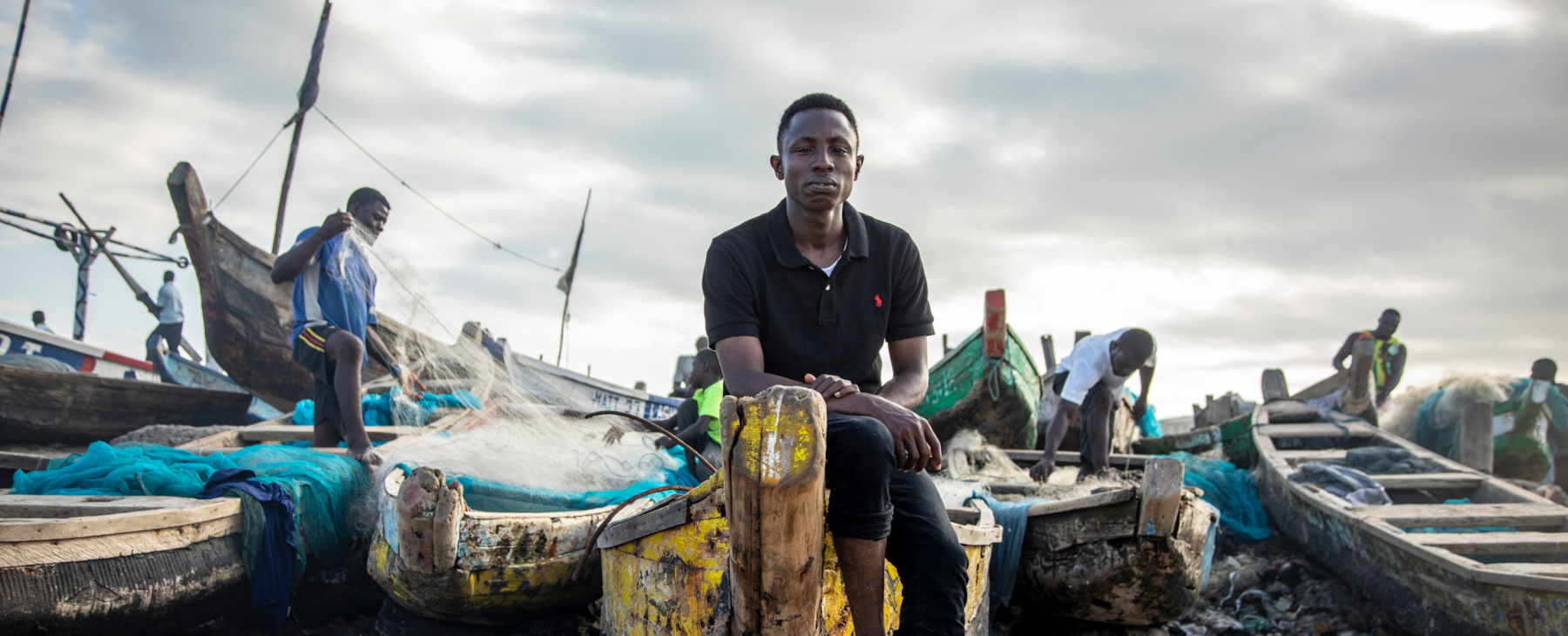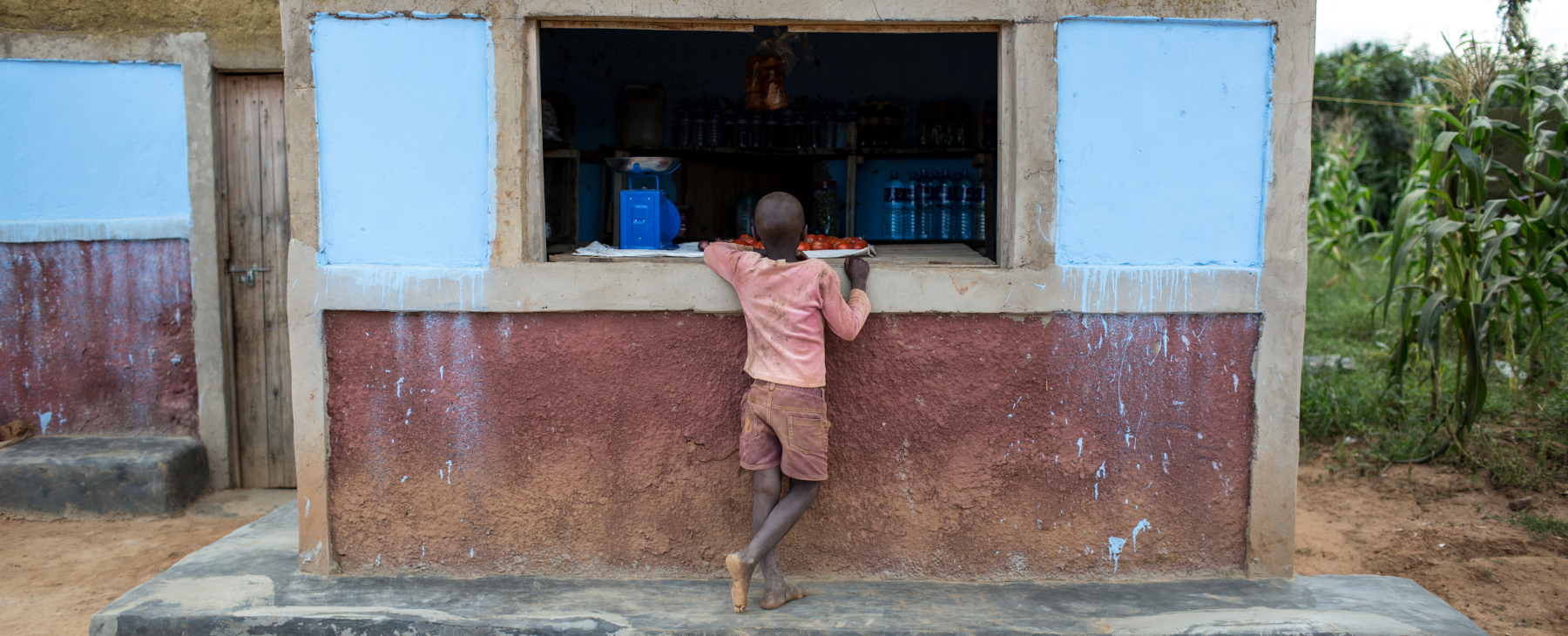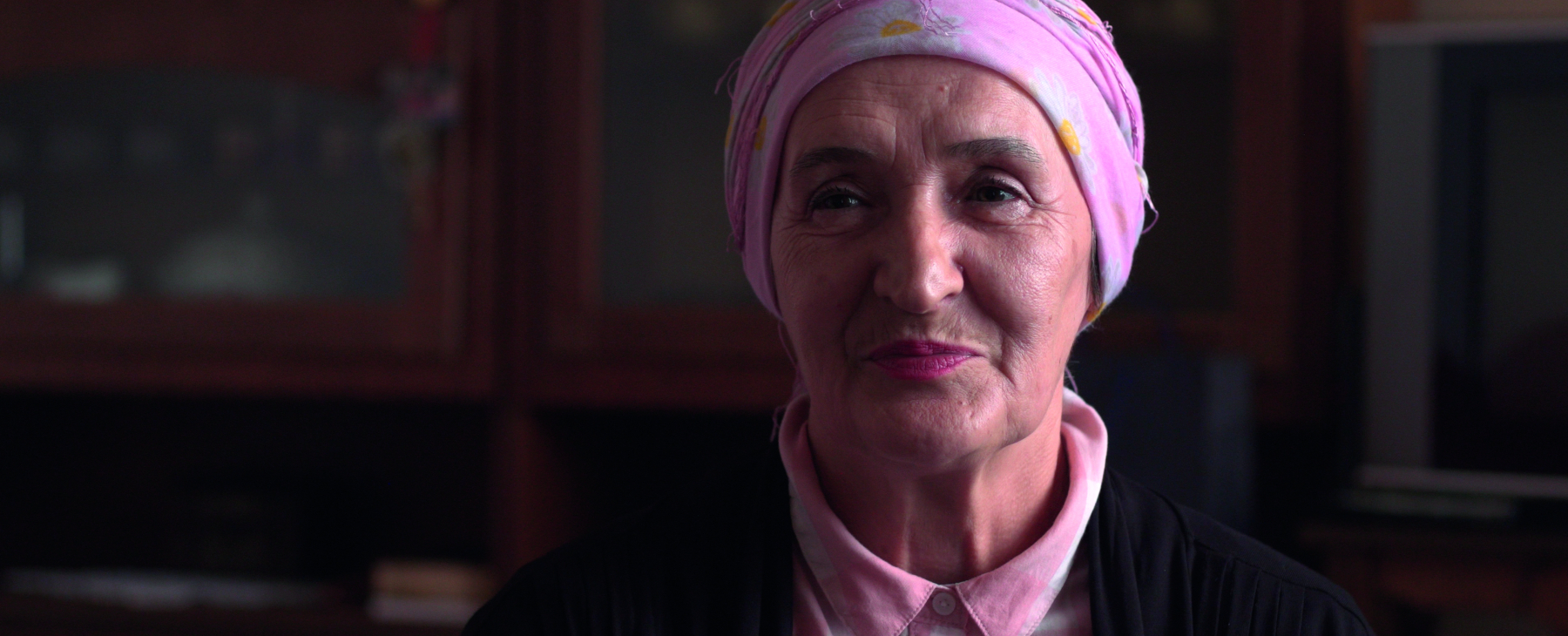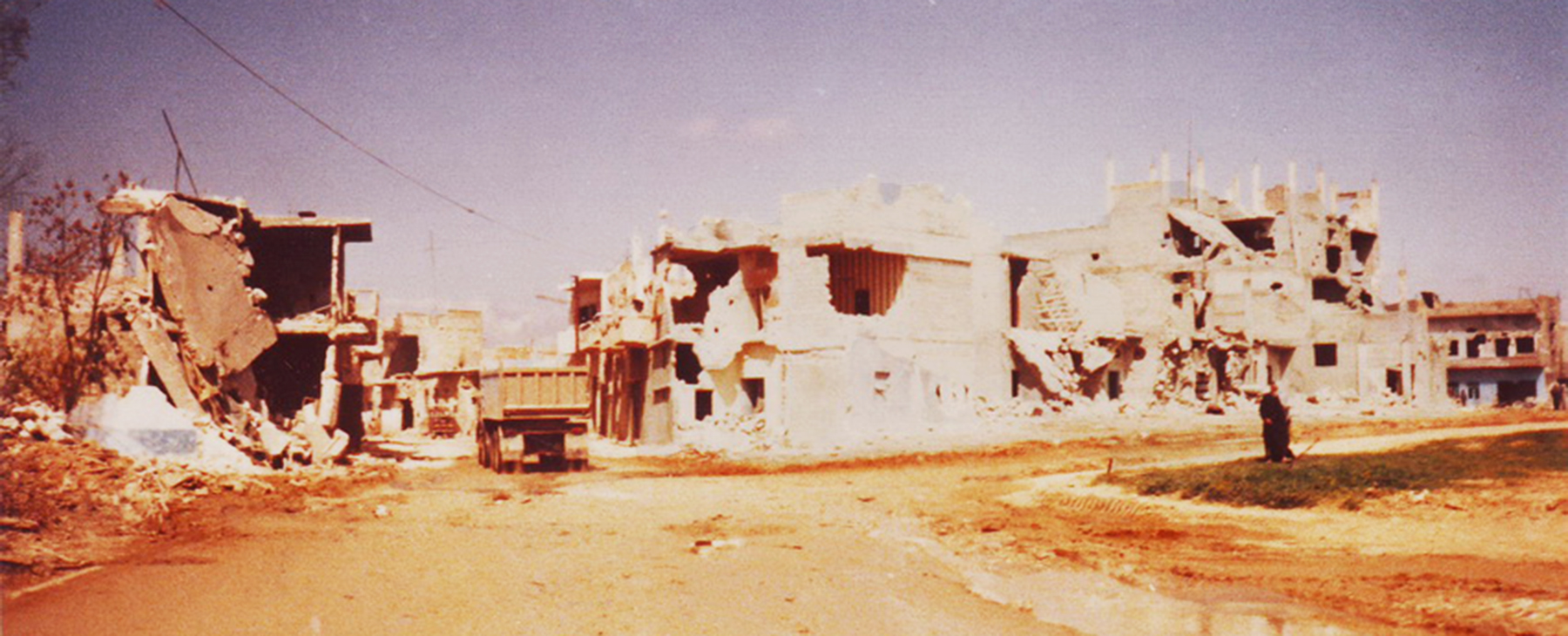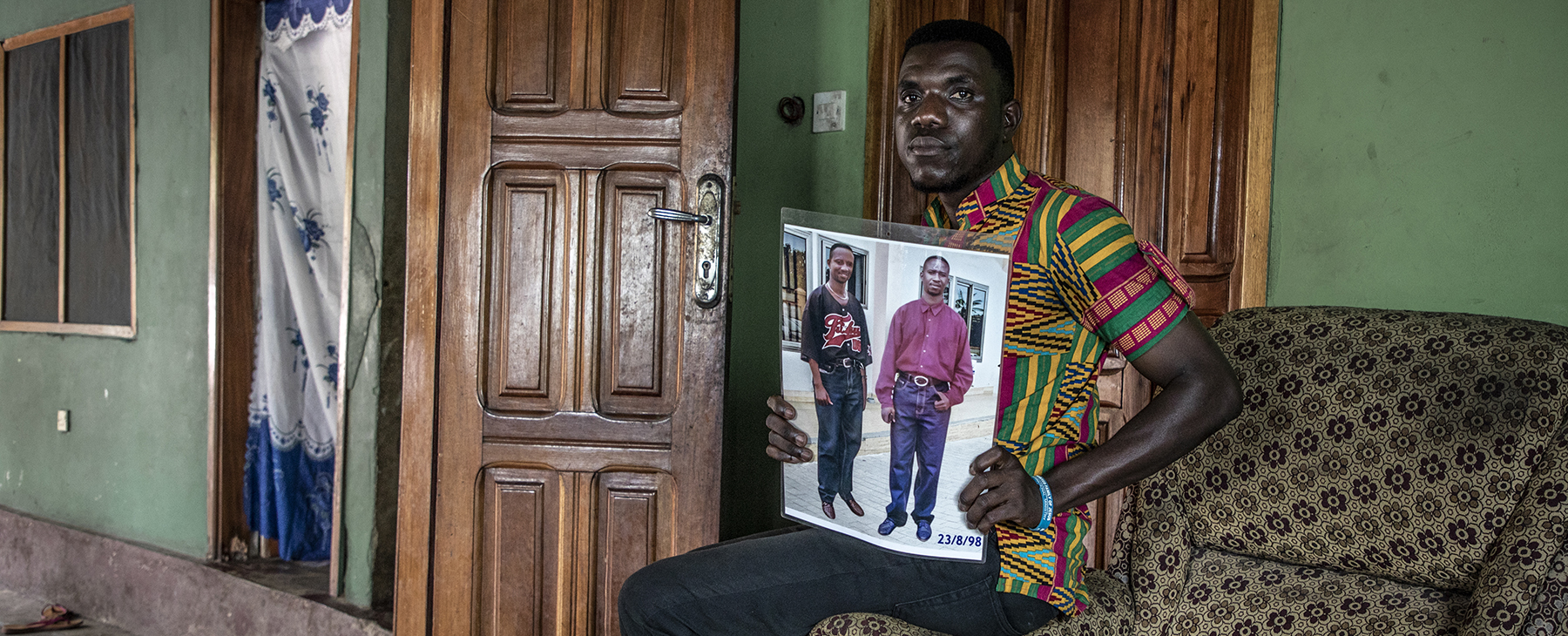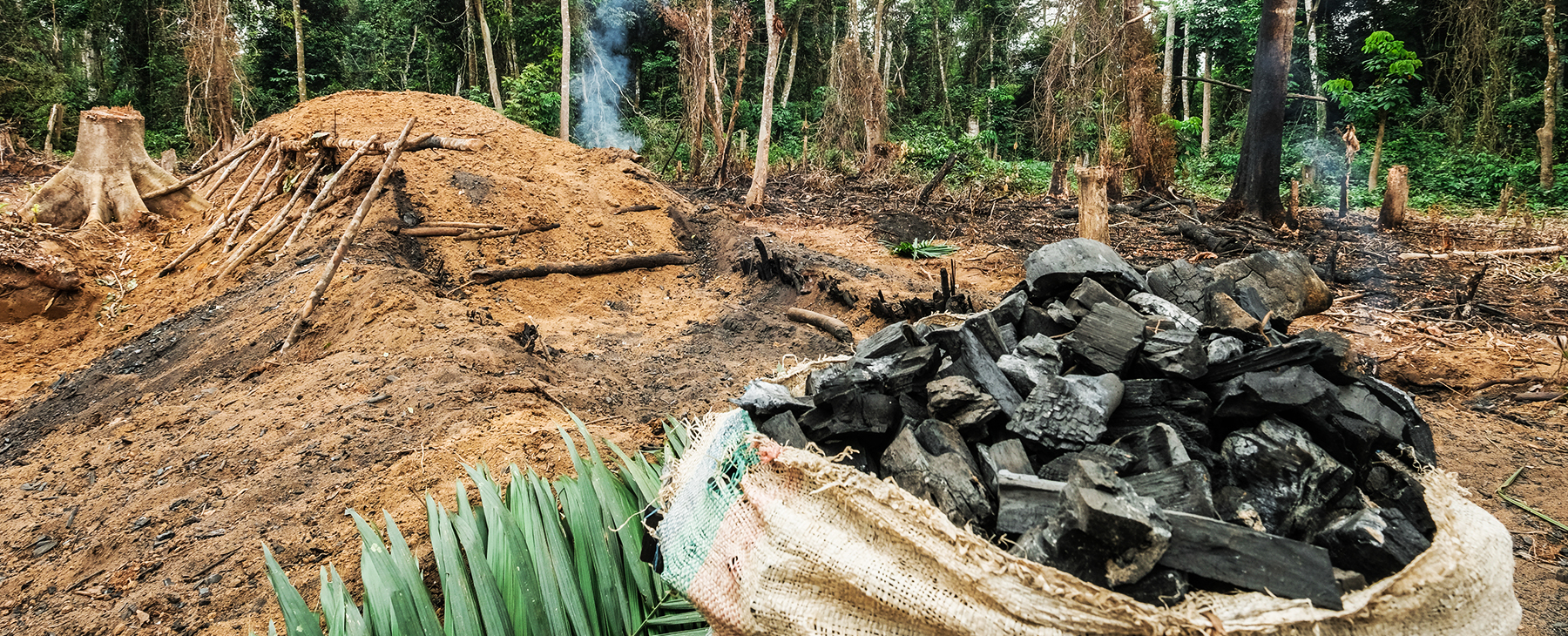Geneva, 12 April 2022 – A mobile court opens today in Bana Ba Ntumba, Democratic Republic of Congo, to prosecute those allegedly responsible for numerous atrocities committed during an attack on several villages from April to May 2017 in the Dimbelenge territory of Kasai Central. Belonging to a militia associated with the Kamuina Nsapu insurgency, the eight defendants were indicted by the Kananga Garrison Military Court for mass atrocity crimes and are suspected of having committed, among other crimes, looting, the destruction of public and private property, and murder and rape against the civilian population. TRIAL International has been following this case since 2020 and four lawyers trained by the organisation represent around 250 victims participating in the proceedings. The verdict is expected in the next two weeks. This is an encouraging sign in the fight against impunity of armed groups in the DRC.

An encouraging sign for the fight against impunity in the DRC
Between April and May 2017, several villages, including Bana Ba Ntumba, in the Dimbelenge territory in Kasai Central, were attacked by a militia linked to the Kamuina Nsapu armed insurgency. Numerous abuses were committed against the civilian population during these attacks: murders, looting, destruction of public and private property, torture, rape and enforced disappearances in reprisal for their refusal to collaborate with the armed group. The trial that opens today will see the eight defendants, members of this militia, answer for their crimes against nearly 250 victims before the Military Tribunal of the Kananga garrison. This court has moved to Bana Ba Ntumba, the place where the crimes were committed, in order to facilitate access to justice for the victims and the local community.
In March 2021, in the first mass atrocity crimes trial held in Kasai Central, a commander of another local militia associated with the Kamuina Nsapu insurgency and one of his right-hand men were convicted and sentenced to life imprisonment for crimes against humanity.
Kasai: a region marked by tension and impunity for armed groups
This trial is taking place one year after the previous trial and nearly two years after TRIAL International opened its project in Kasai. The case was brought to the attention of the organisation during discussions with local actors. At the end of 2020, TRIAL International facilitated a documentation mission, during which over 250 victims were identified. During 2021, the military prosecutor investigated to obtain all the necessary evidence and collect testimonies from the victims of Bana Ba Ntumba. This allowed them to complete the investigation and organize the trial that opens today. TRIAL International accompanied four lawyers from the Kananga Bar Association who formed a collective to represent the 250 civil parties who were victims of the militia’s crimes.
“This region and the village of Bana Ba Ntumba have not yet seen a trial on the crimes committed during this period. This is therefore a first step to bring justice to the victims who remain under close threat from the perpetrators,” said Naomie Merveille Meta, one of the lawyers trained by TRIAL International and representing the civil parties in the trial.
This trial illustrates that the fight against impunity continues in the Democratic Republic of Congo and that the efforts of TRIAL International and its partners yield results. TRIAL International hopes that other cases concerning crimes committed by elements of the Congolese army during the Kamuina Nsapu conflict, currently being investigated by the prosecuting authorities in Kananga and Kinshasa, will soon lead to other trials long awaited by communities in Kasai. There is still a long way to go, but there is hope for the victims that those responsible will be convicted, and that justice will be accomplished.
Previously considered as a lawless region, the Kasai, located in the south of the DRC, is infamous for the violent conflict between the Kamuina Nsapu armed insurgency and state security forces from 2016 to 2019. The civilian population, threatened and targeted by the armed factions, suffered mass atrocity crimes, most of which remain unpunished. In March 2017, Kasai made headlines due to the abduction and murder of two UN experts, American Michael Sharp and Swedish Zaida Catalan, as well as four Congolese accompanying them. The trial of the suspects in these killings ended in January 2022 with a verdict that has left many questions regarding the perpetrators of these crimes.
TRIAL International’s work on this issue is carried out within the Cadre de Concertation de Kananga, an informal network of international and national actors who collaborate to support the work of Congolese courts in the investigation and prosecution of mass crimes in the DRC.
TRIAL International is collaborating in Kasai Central with Physicians for Human Rights. Their joint project aims to strengthen access to justice by combining their legal and medical expertise. This project is generously supported by the Swedish International Development Cooperation Agency, Sida.
Media contact
Olivia Gerig, Communications and Media Relations Officer
O.gerig@trialinternational.com
+41 78 683 52 66

